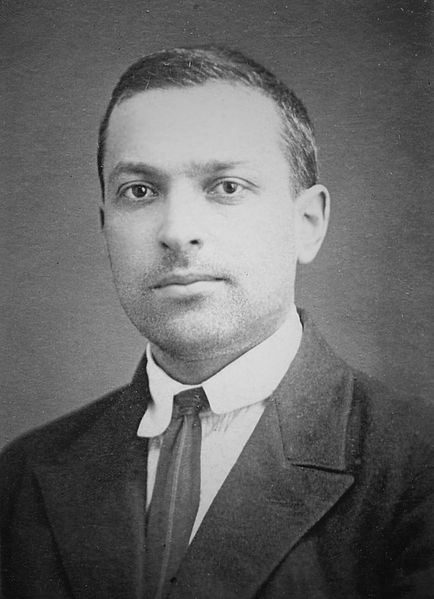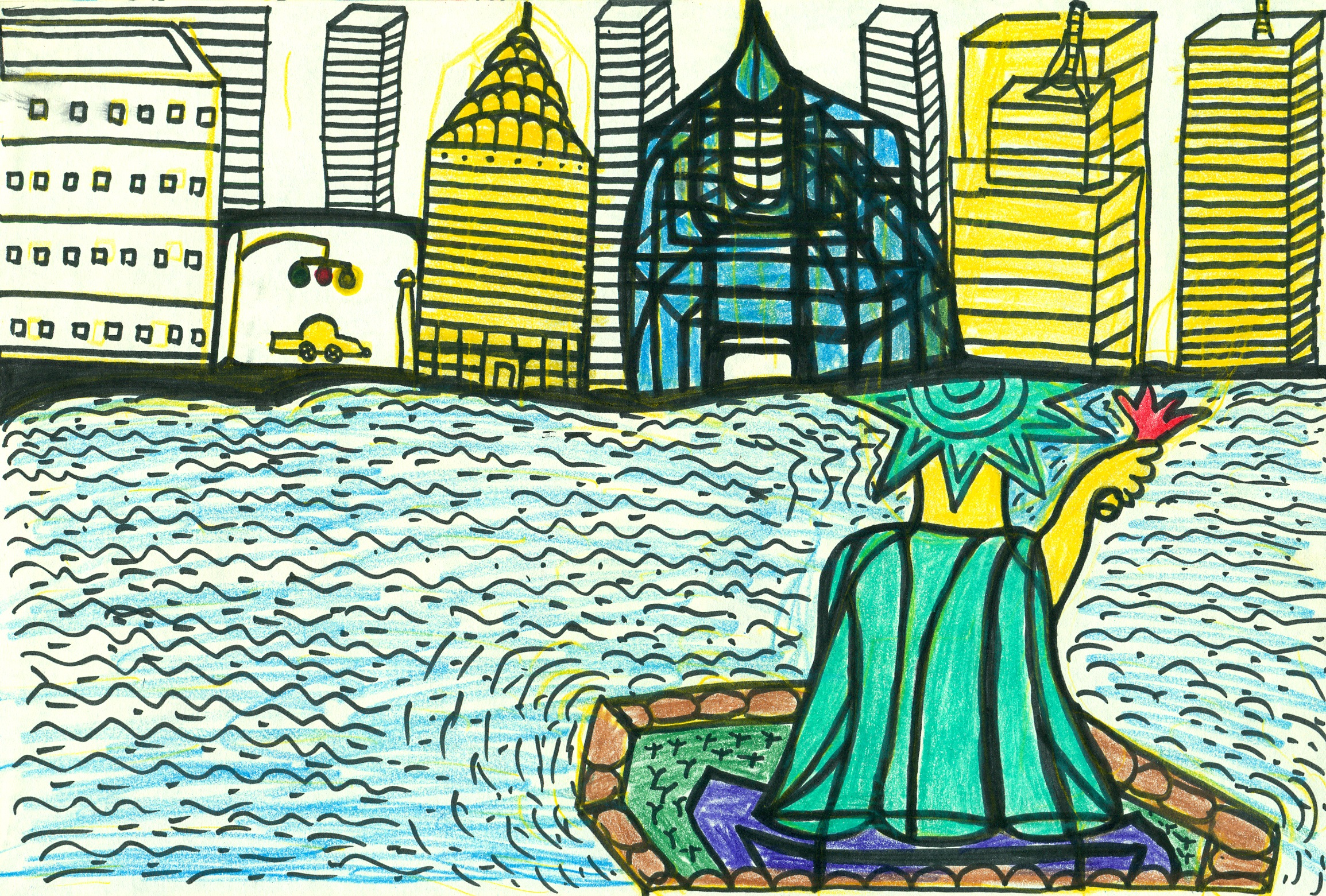…
Observing Children
Yesterday afternoon, after school, I approached a group of children, teacher in front, the kids straggling behind but together like ducks, all excitedly talking (quacking) at once. I overheard some boys. One of them said: “I catched them last summer!” I never did learn what the boy caught—frogs? fish? fireflies?—but I observed that he said catched instead of caught. Children speaking English and adults who are foreign speakers learning English make the same mistakes, here putting the regular verb ending -ed on an irregular verb (catch, catching, caught). An adult English learner might say, “I catched a cold.”
Regular verbs end in -ed in the simple past and the participle. In the simple past: I cooked shrimp last night. When? Last night, specific time. With the participle: I have cooked shrimp. When? Who knows? The time is not specific. The boy doesn’t know the difference between specific and unspecific time. And as little boys do, he whirls around to talk to friends straggling behind, and as he talks, he makes catching gestures to demonstrate what he’s talking about. What is the boy catching there? He shoots his arm up into the air opening his hand to grab at something, perhaps an apple on a limb.
The passing kids made me think pleasantly of someone I admire and have enjoyed reading, Lev Vygotsky, the Russian psychologist who observed that we go from what we know to what we will know with the help of others (teacher, society). The boy catches what he imagines, gesture before language. The apple tastes good before it is red. We love Grandma because she’s a warm lap. We give names to shapes and colors, and begin to put them into sentences. Children speak before they draw, and draw before they write. Vygotsky said our words are like strings we tie around our fingers not to forget. He wrote, “The gesture is the initial visual sign that contains the child’s future writing as an acorn contains a future oak. Gestures, it has been correctly said, are writing in air, and written signs frequently are simple gestures that have been fixed.” The children went back to school as I continued home.
…
I saw the following story on the Internet about children thinking not only of themselves. I hope it’s true. Whatever, the photograph is beautiful. “An anthropologist proposed a game to the kids in an African tribe. He put a basket full of fruit near a tree and told the kids that who ever got there first won the sweet fruits. When he told them to run they all took each others hands and ran together, then sat together enjoying their treats. When he asked them why they had run like that as one could have had all the fruits for himself they said: ”UBUNTU, how can one of us be happy if all the other ones are sad? UBUNTU in the Xhosa culture means: I am because we are.”
…
The Ides of March
Often before writing or playing the guitar, I stall. I did just now, went and got some coffee, sipped, putting it off. Beginning to open up, I opened the windows first. Now I write hopefully well enough that you will want to stay and read (listen). March 15 was Akram’s birthday. I floured some slices of calves liver and fried that with shallots, steamed some greens, rice of course, and a glass of chilled Chardonay, his favorite. Being Bengali Akram doesn’t have to be wary of his day, while I, born in the west, contemplate whether my actions will lead to success or, as in the case of Julius Caesar, death. Conqueror of Gaul, Germany and Britain, Caesar formed the world as we have come to know it from Latin to French to English. Did you know when Romans read, they always read aloud, never silently to themselves? Julius Caesar didn’t read out loud and when his companions saw him silently doing it (conspiring with what gods with what thoughts?) they began to distrust him. “My god, his lips don’t even move!” Roman politicians were a lot like the Mafia capos we’ve come to know, or the Mexican drug lords now, each with his own army, clients, colleagues, pacts and guards. Beware the Ides of March.
…
O Carib Isle!
Speaking of language, of words as monuments from the past, here is some Hart Crane. I used to listen to this in my 20s when I lived in Philadelphia. Because I like the poem so much, I remembered this particular recording better than it actually is. It’s full of sensual scary images musical with sound. Ah, the English! On this one, Tennessee Williams seems to muddle through, perhaps after several bourbons. Why didn’t he do another take? He says fiddler for fiddle, the for this, says the where there is none, and totally misses a line where the caught terrapins on their backs stretch with the fury of the sea within their limbs. The great playwright did record some of Crane’s poems so well, let’s forgive him this one and enjoy it as best we can; it is very beautiful.
…
A sonnet
Conjuring up ghosts of grad school past, I remembered that I wrote this as I was finishing my Masters. When was it? Hmmmmmm? Autumn 2003. Tempus fugit but people don’t.
…

…
Today class was canceled. I didn’t know.
It’s Sunday afternoon. Battery Park’s
over there with its benches and bowers.
I’ve never been there really so I’ll go.
Parks are the same. Whether it’s Tuileries
or Chapultapec, there are birds, trees, squirrels
the insane with the sane. Here the whole world
comes to see the Statue of Liberty
speaking its many tongues. Every word
was the same gurgle in a baby’s mouth.
Observing tourists I can figure out
who strolls in love and who strolls together
for protection. Families stroll, children
run. I’m in class too sitting in the sun.
…
Drawings by Akram.








